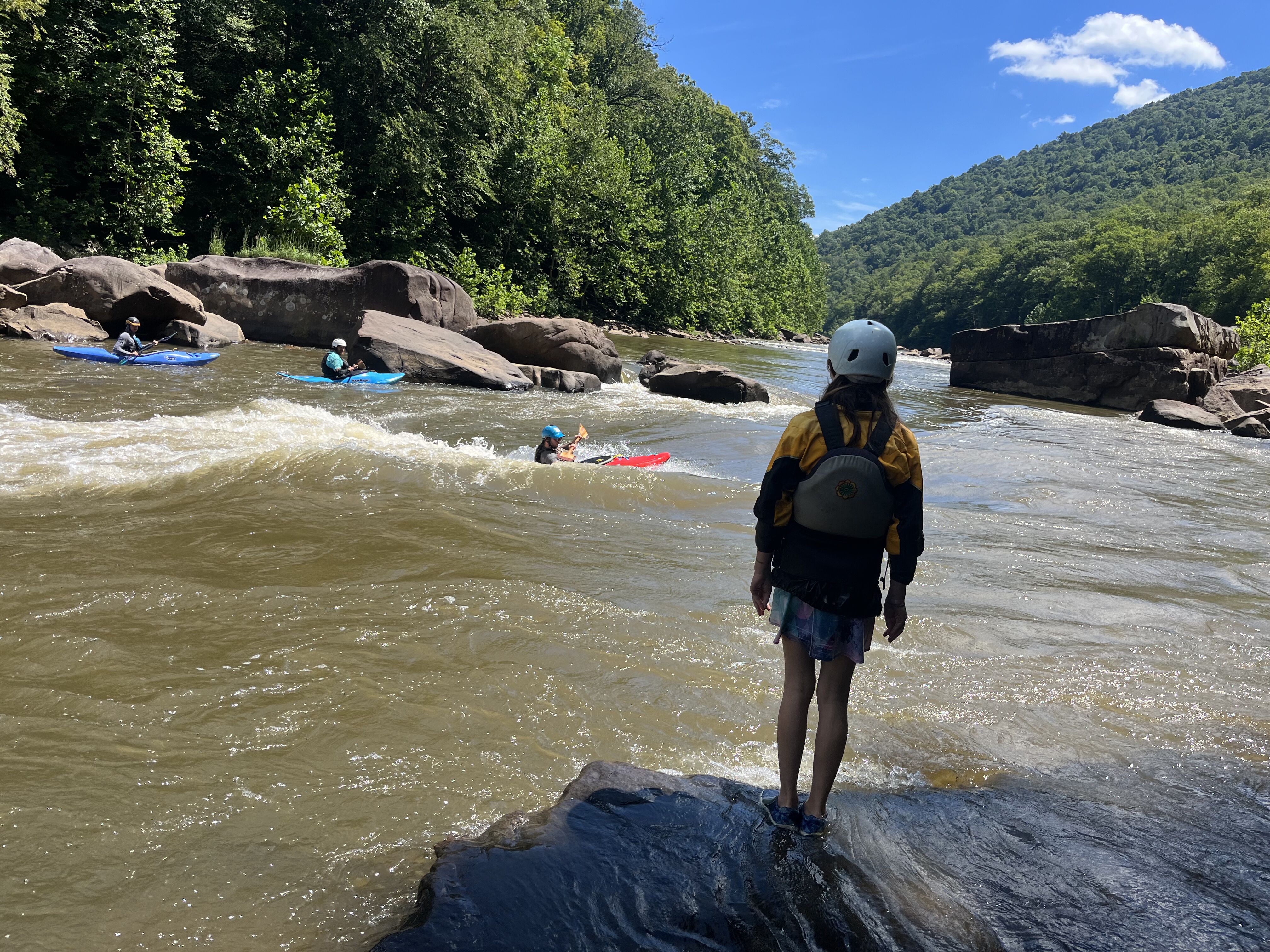
New EPA Rule Greatly Reduces Clean Water Act Protections
Earlier this week the Environmental Protection Agency (EPA) issued a new federal rule that eliminates protection for a majority of our nation’s wetlands and estimated totals of well over a million miles of streams. The rule aligns the law with a recent Supreme Court Case that limited the kinds of wetlands and streams that can be covered by the Clean Water Act, known as Waters of the United States, or WOTUS. American Whitewater joined an amicus brief in that pivotal court case, advocating for the science-based protection of these streams and wetlands, but the Supreme Court ruled against us.
EPA Administrator Michael Regan announced the new rule in a somber press release on Tuesday. “While I am disappointed by the Supreme Court’s decision in the Sackett case, EPA and Army have an obligation to apply this decision alongside our state co-regulators, Tribes, and partners.”
Practically, this decision means that many wetlands and ephemeral streams can be destroyed by construction or other activities without federal permits or mitigation. The results over the long term are likely to be reductions in biodiversity and negative changes to rivers’ hydrology. Wetlands often absorb and slowly release water into rivers and streams, as well as filter water, so we are likely to witness the water quality in our rivers degrading into the future because of this Supreme Court Case and resulting rule.
American Whitewater and the paddling community have been stalwart advocates for the Clean Water Act through decades of various rules, legislation, and litigation. This will not change. We’ll be tracking litigation and jump in if there is a role for us to play. With the Supreme Court decision limiting federal protections, restoring protections to rivers and wetlands will now fall to individual states, and perhaps to Congress. We’ll seek legislative opportunities to maintain the water quality improvements our community has witnessed over the past five decades since the passage of the Clean Water Act, and will keep you informed of opportunities for public input.
